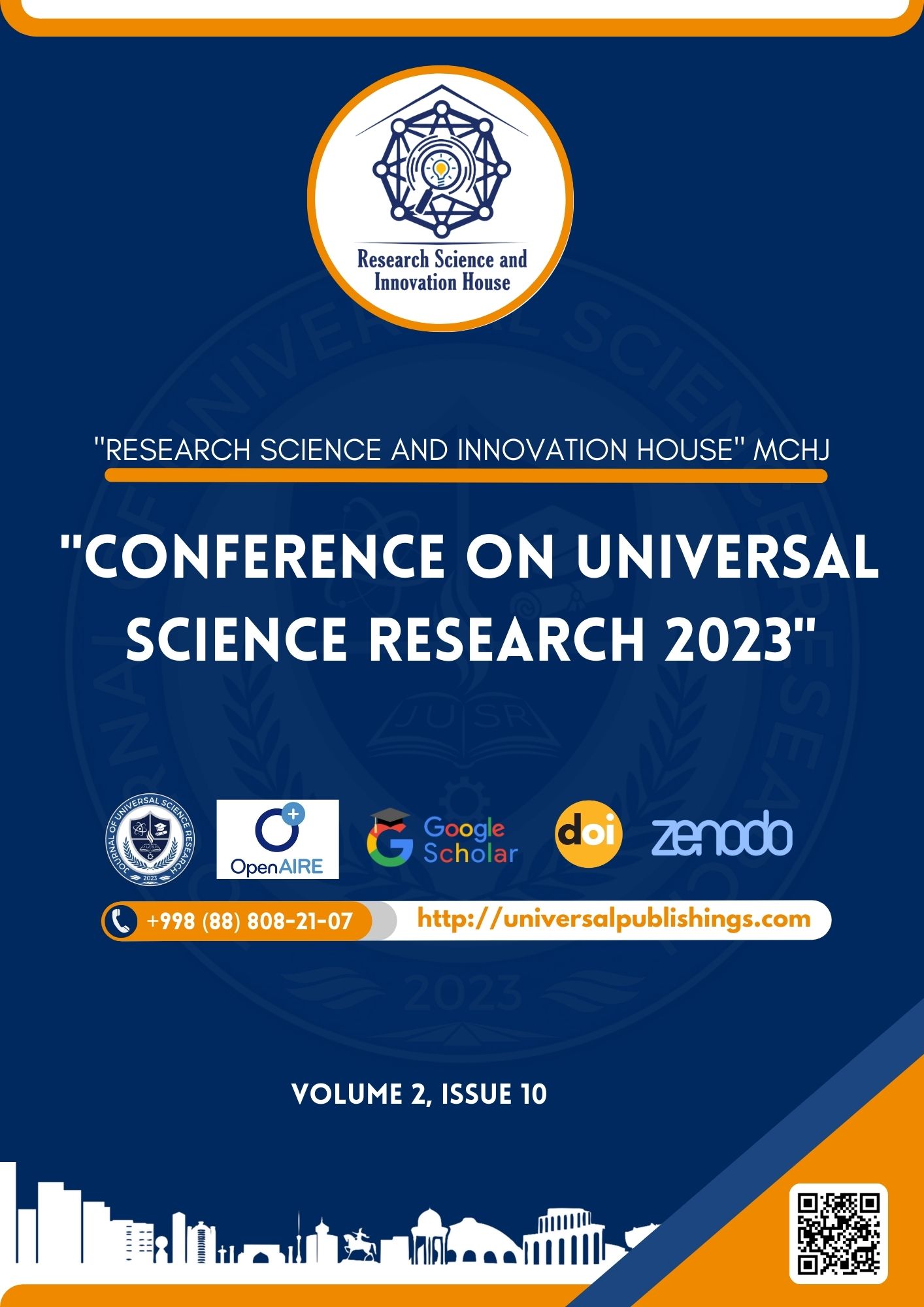Abstract
Vocabulary acquisition is a critical component of language learning that significantly impacts communication proficiency. Traditional methods of vocabulary instruction often fall short of engaging students or promoting long-term retention. This article explores the effectiveness of mind maps as a tool for enhancing vocabulary acquisition among language learners. By analyzing cognitive and educational theories, as well as empirical research, this study aims to demonstrate how mind mapping facilitates deeper understanding, better retention, and improved recall of vocabulary. Additionally, it highlights practical applications and potential challenges in implementing mind maps in educational settings.
References
1. Bassey, E. (2017). The effectiveness of mind mapping strategy on students' vocabulary acquisition in selected secondary schools. International Journal of Educational Research and Development, 6(1), 1-7.
2. Buzan, T. (2006). The Mind Map Book: Unlock your creativity, boost your memory, change your life. Penguin.
3. Meyer, B. J. F., & Poon, L. W. (2001). Mind Mapping: A Tool for Learning and Study Skills. Journal of Educational Psychology, 93(1), 104-109.
4. Wang, Y. (2010). The Effect of Mind Mapping on Vocabulary Acquisition and Retention of EFL Learners. International Journal of Learning, 17(1), 61-70.

This work is licensed under a Creative Commons Attribution 4.0 International License.

